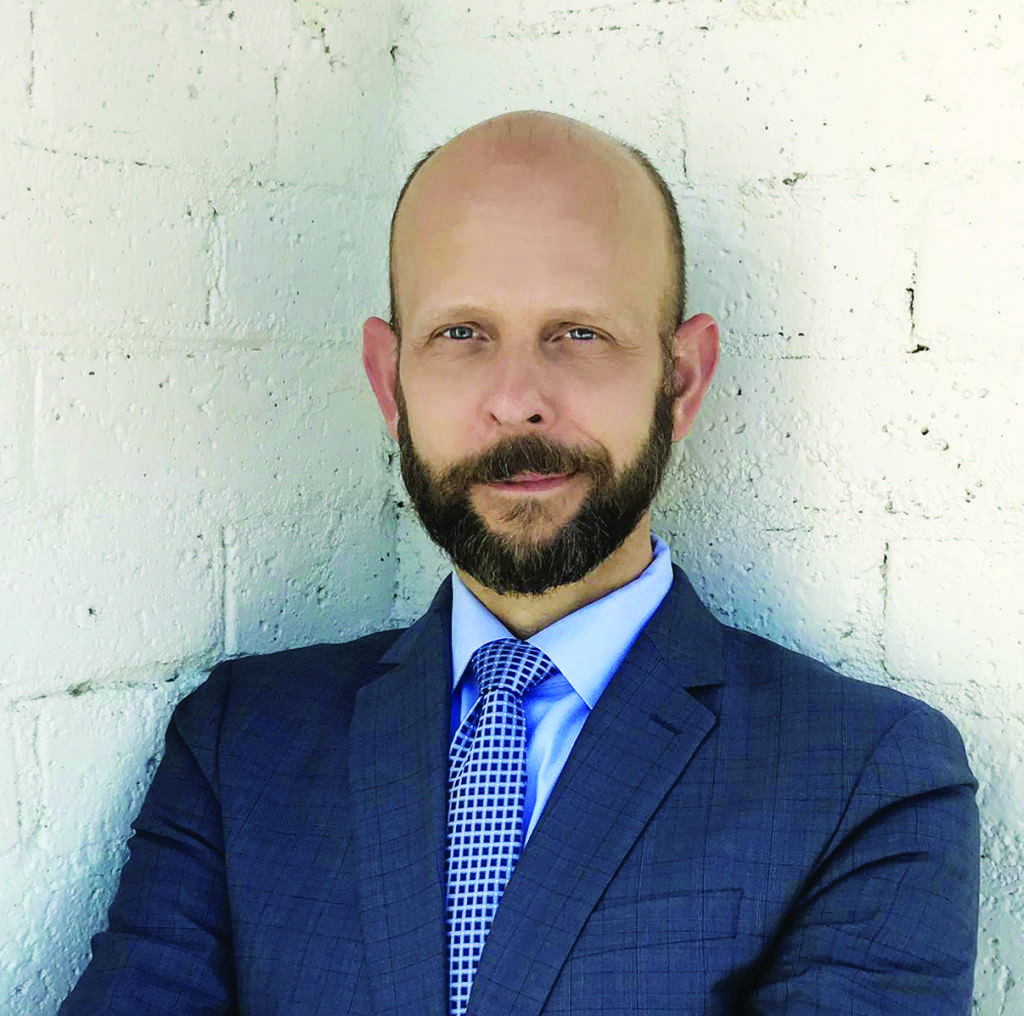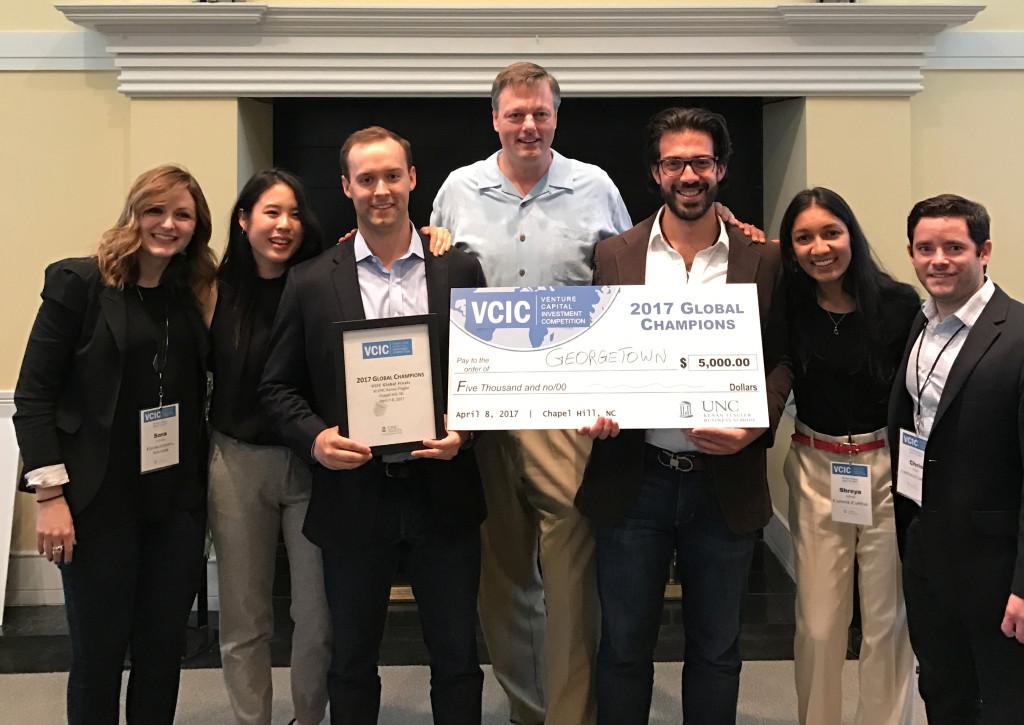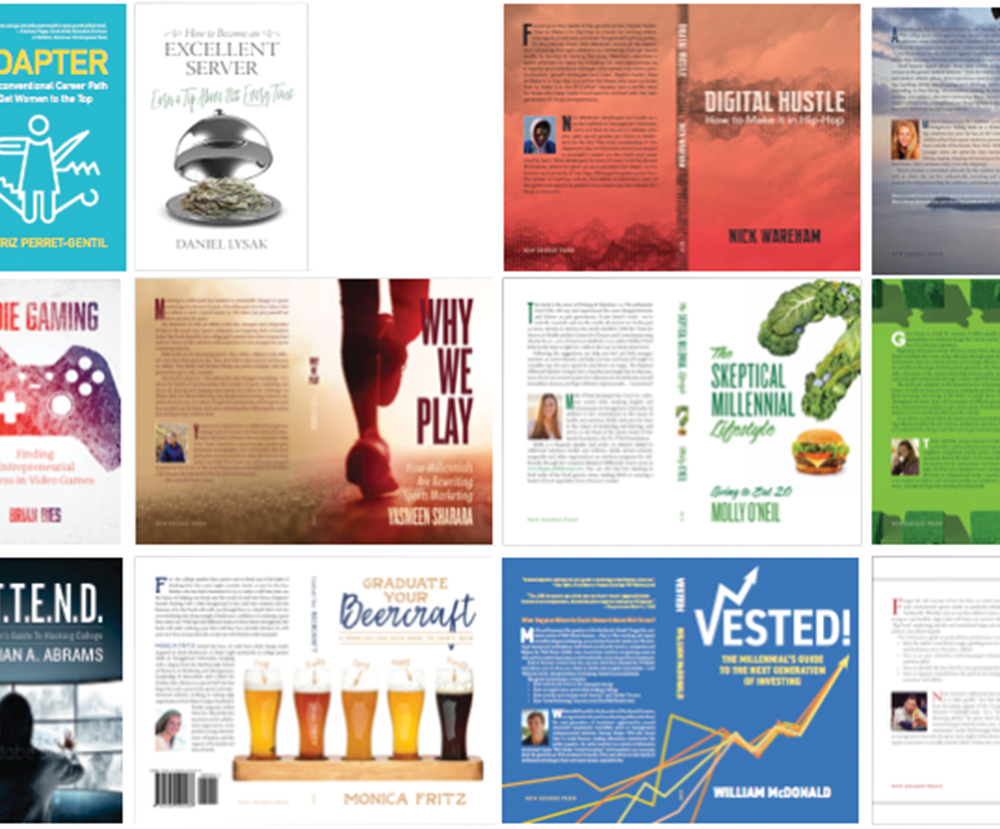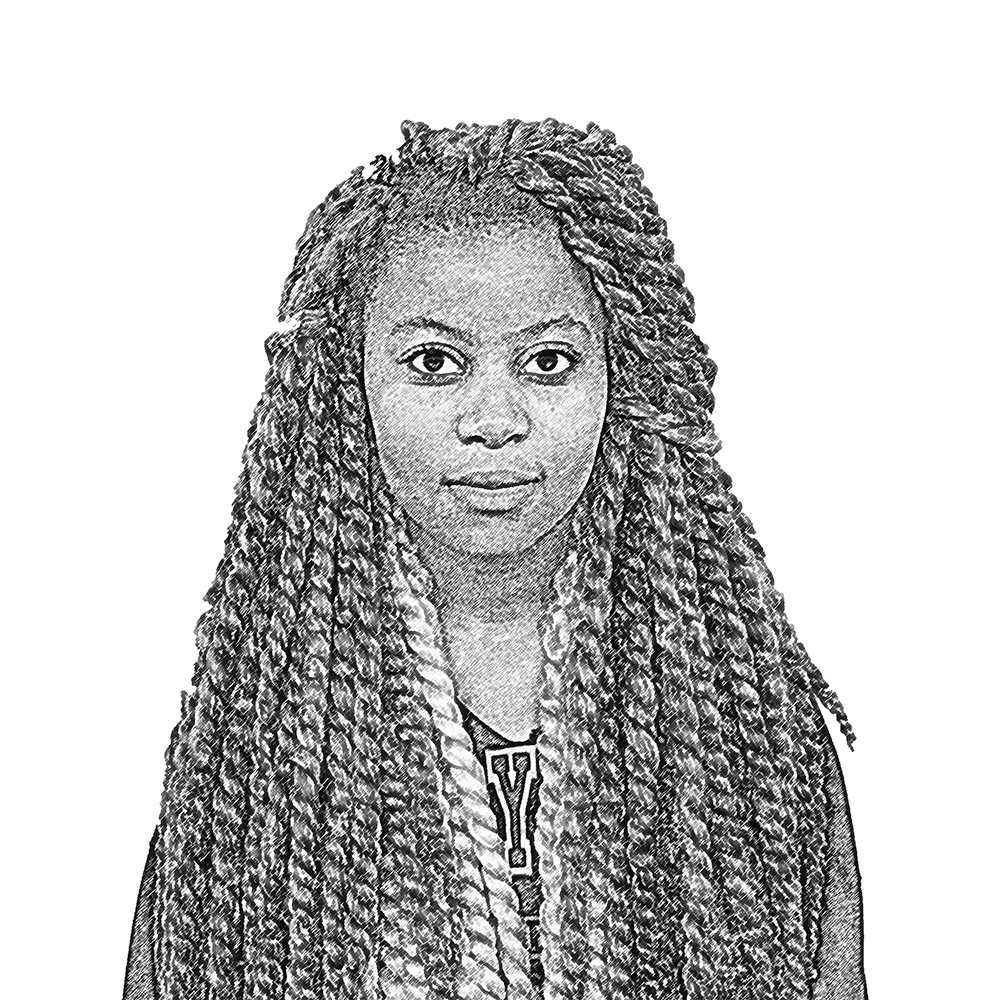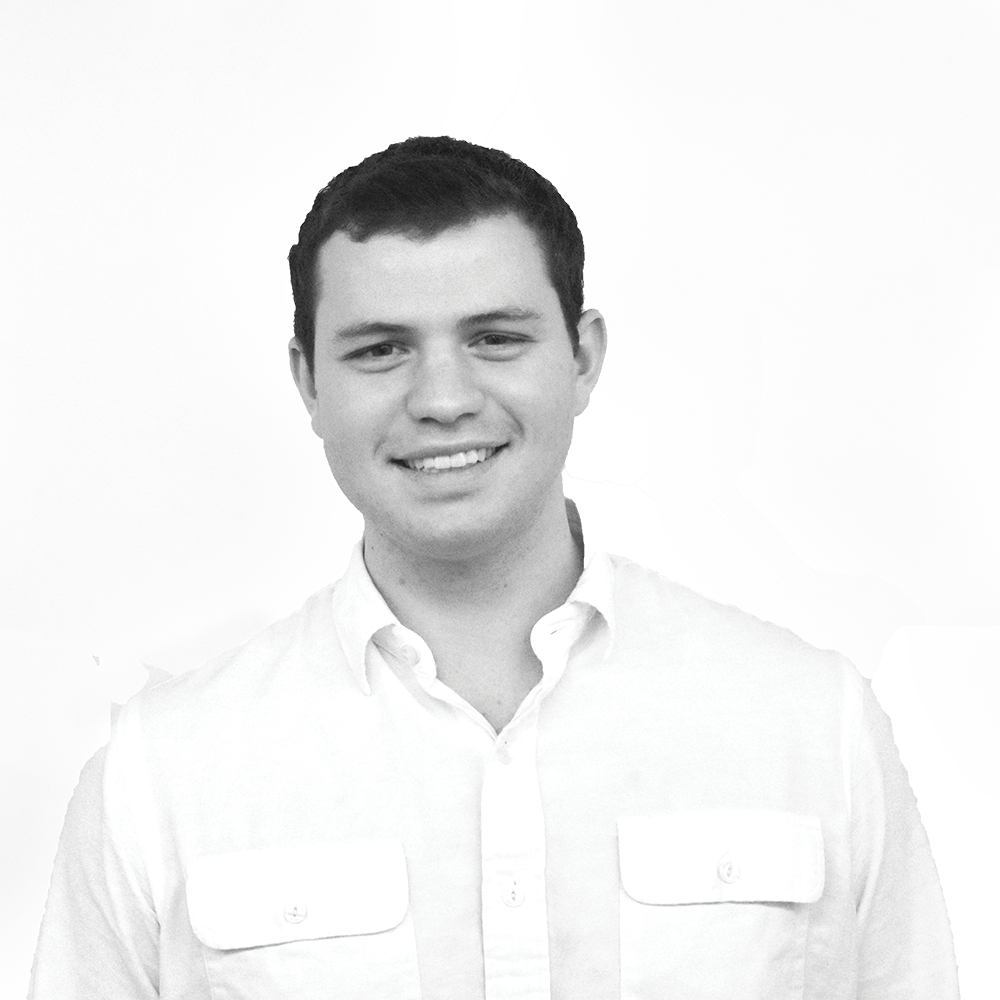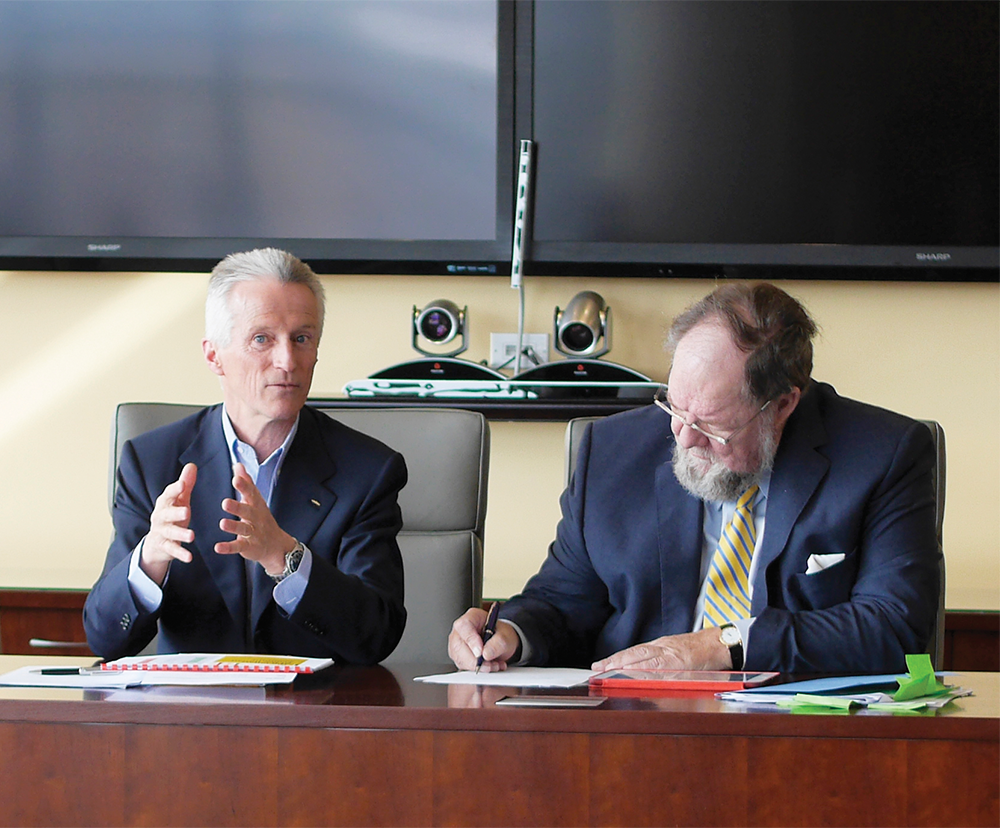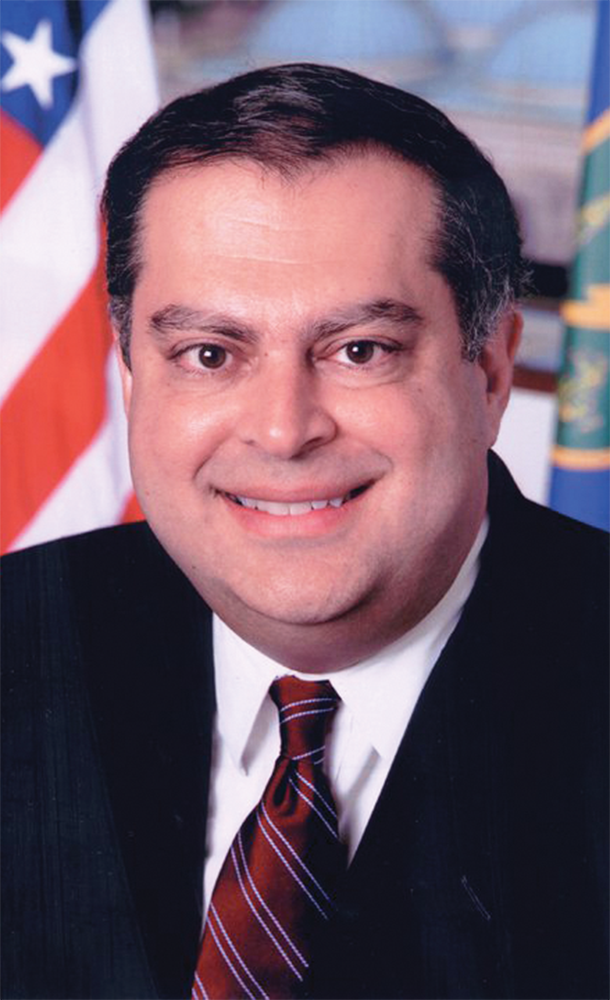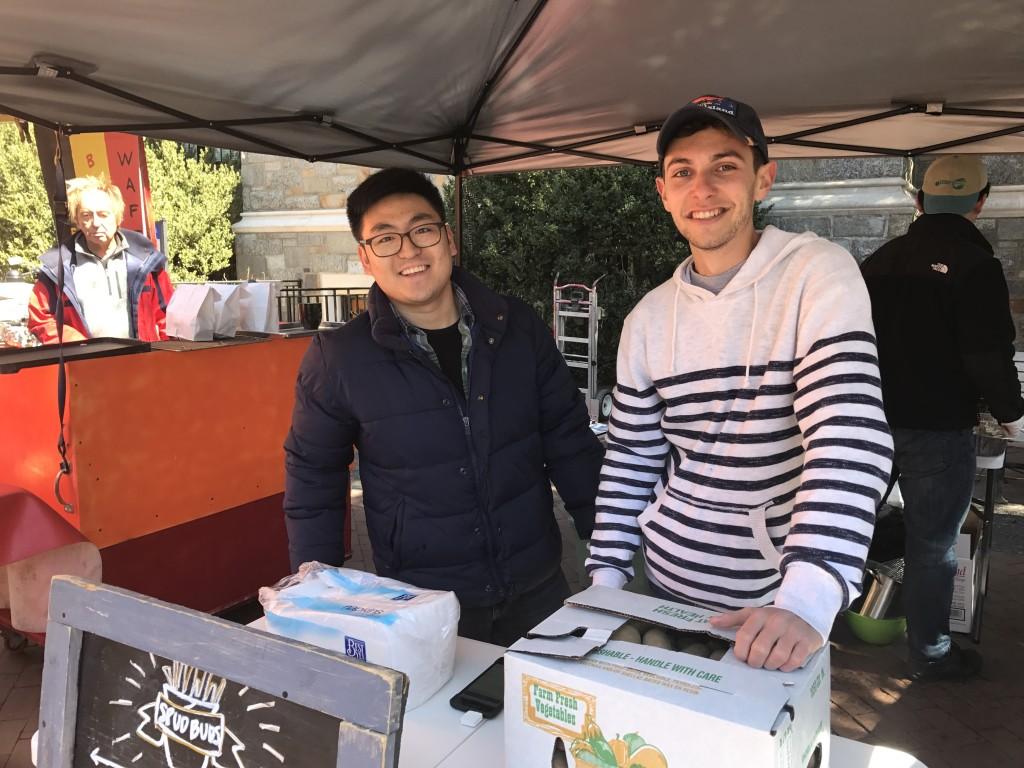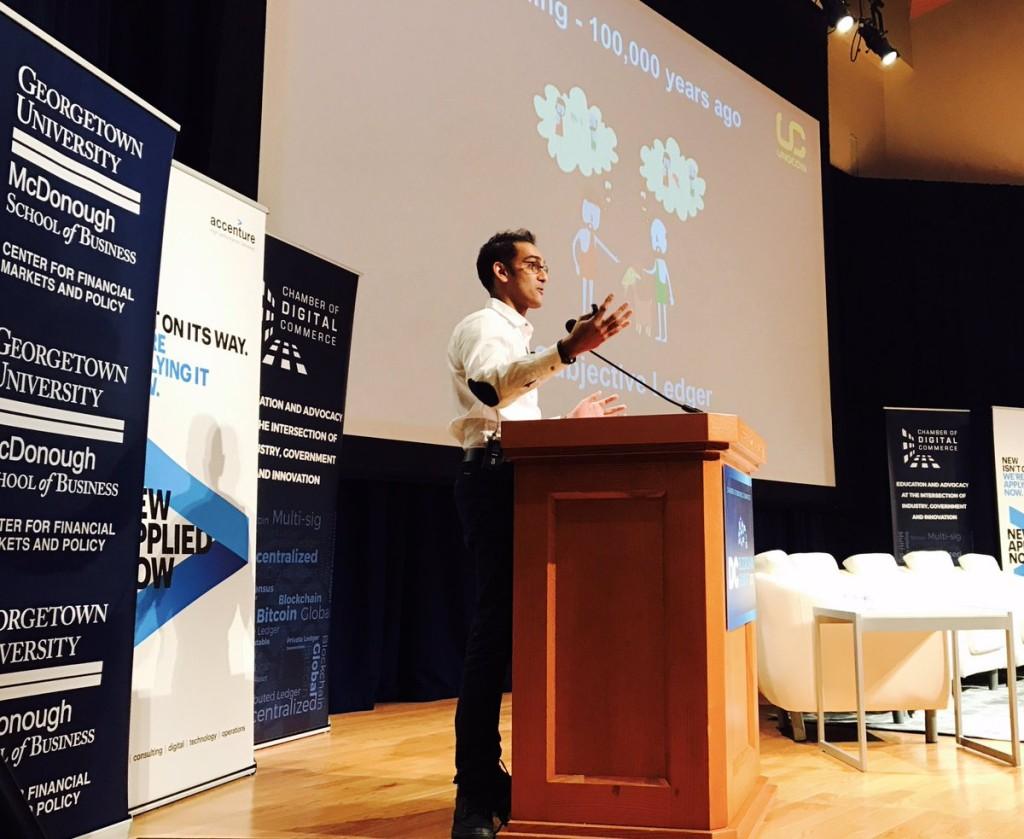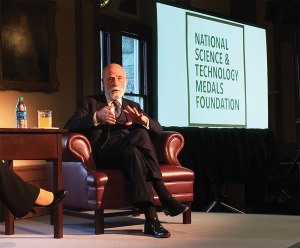
Co-inventor of the internet, Vinton Cerf talked about the importance of always being curious and maintaining a motivation to constantly innovate as of the main driver’s behind his current life’s work.
The National Science and Technology Medals Foundation hosted co-inventor of the internet Vinton Cerf for a discussion on his career, inspirations and the creation of the internet in the Bioethics Research Library on March 27.
Cerf, along with colleague Bob Kahn, invented the Transmission Control Protocol/Internet Protocol that provided the foundation for the modern internet in 1972 while doing research for the Defense Advanced Research Projects Agency. He is currently the vice president and chief internet evangelist at Google and holds 29 honorary degrees from universities around the world.
Provost Robert Groves in his opening remarks for the event said students should admire Cerf’s varied career choices across different fields.
“An important thing for students is that [Cerf] has had a career spanning academia, government and the private sector,” Groves said.
Cerf began the event by chronicling how his career in technology was sparked with a childhood interest in computers. According to Cerf, he was attracted to the idea of creating new worlds with programs.
“I became absolutely fascinated by computing and got mesmerized by the idea that you can write a program in this box and create your own little universe. And it did what it told you to do, and there was something ultimately beguiling about that,” Cerf said.
Cerf said the ability to communicate ideas effectively is critical for young computer scientists and engineers because it allows others to lend their support.
“The idea that you can persuade other people to do what you want to do is a very important skill. You really learn quickly that selling your ideas is the only way to make significant progress,” Cerf said.
Cerf said he keeps working through the age of 73 by constantly working on projects surrounded by people with fresh ideas. According to Cerf, many younger individuals have trouble keeping up with his ideas.
“I have this 900 mile-per-hour theory that when you get up to 900 miles-per-hour, don’t slow down or stop, you’ll just fall over. So I keep going,” Cerf said. “And my metric is if I’ve worn out two 26 year olds, it’s a good day.”
In discussing the current debate over national censorship on social media sites, Cerf said the advent of social media sites have resulted in unforeseen consequences, such as content being uploaded and created at a scale never before seen.
“The problem that we are seeing is that countries around the world are beginning to discover the side effects of social networking, and so are we at Google. So, what we now have is this massive explosion of sources and content. In the case of YouTube, we have 400 hours of video uploaded per minute,” Cerf said. “We are operating at a scale of publishers well beyond anything in human history, in each case to slightly different effect, notwithstanding its 3.5 billion possible generators of content.”
Cerf said this explosion of new content has led many countries to start censoring and blocking internet access, which could potentially lead to increasing egregious civil liberty infractions.
“Some countries are saying this particular speech should be suppressed, but you start getting nervous when you hear political speech being suppressed, because now you don’t quite know how far down that slippery slope it will go,” Cerf said.
Cerf said governments should focus on educating people on how to perceive online content rather than regulate it directly.
“From my point of view, all the mechanisms in the world to try to deal with this expanded source of content won’t successfully filter things against all expectations,” Cerf said. “The best filter you have is the one between your ears.”
When asked about the role that programmers play in the future of technology, Cerf emphasized that they should feel a weight of responsibility as they create tools upon which society relies.
“I think there is an enormous responsibility. If I could do anything, it would be to impose that responsibility on programmers to recognize that other people are relying on the software they produce, that if their software has bugs and mistakes, it will be harming other people,” Cerf said.
Cerf further discussed issues of cyber security. According to Cerf, the United States should keep a particular eye on to whom they attribute cyber attacks.
“We should be super careful about attribution. It is not hard to make an attack against some target and make it look like it’s coming from somewhere else,” Cerf said.
When asked about what keeps him ticking, Cerf said that a curiosity for the unknown drives him every day, since he has so much to learn from so many people.
“It’s all curiosity. Getting older is something you can’t avoid. Growing up, however, is optional,” Cerf said. “ My curiosity is a great driver for me, and I know I can learn something from anybody.”


